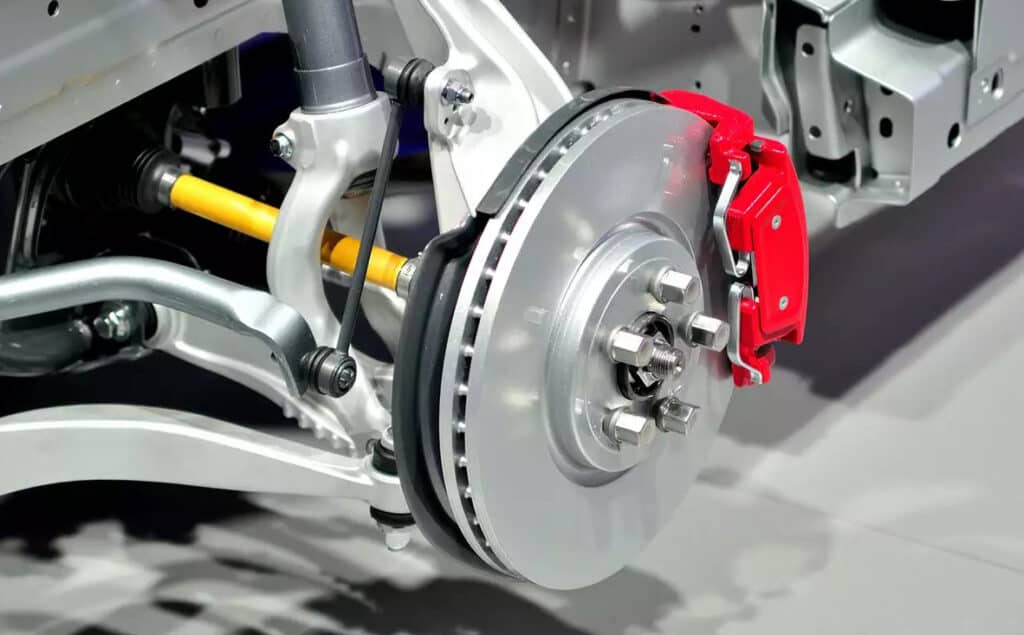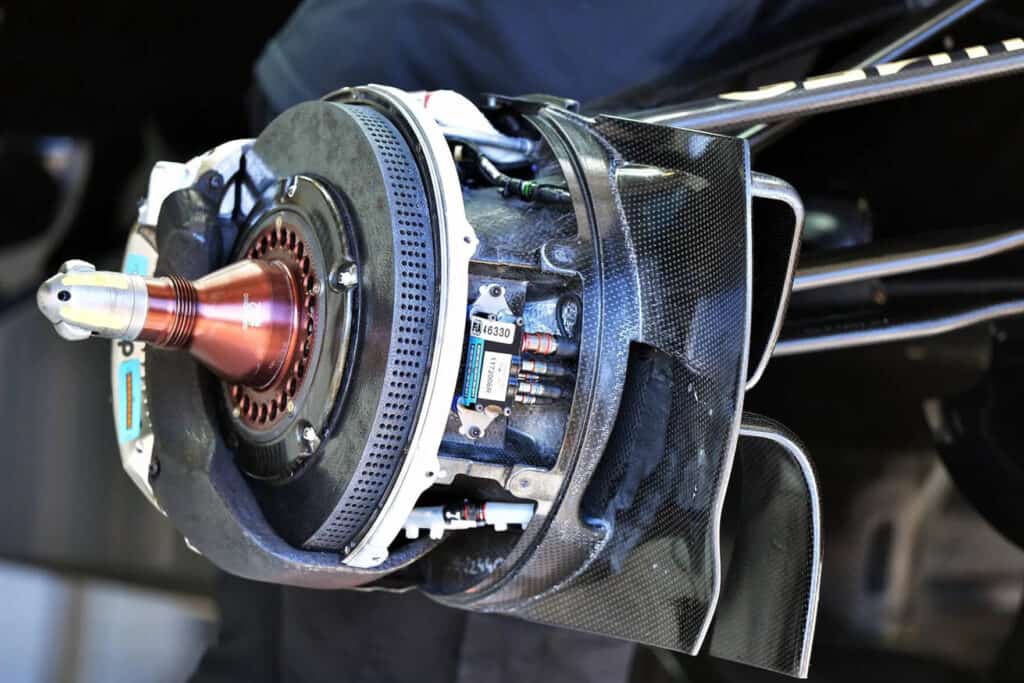Introduction: The Evolving Landscape of Brake System Technology for Fleet Vehicles
As technology continues to advance, the brake systems in fleet vehicles are undergoing significant transformations. With a focus on safety, efficiency, and sustainability, these changes promise to reshape the way fleet managers and drivers approach brake system maintenance and operation. This article explores some of the most anticipated developments in brake system technology for fleet vehicles and discusses the potential impacts on fleet management in the coming years.
Advanced Brake Assist Systems: Enhancing Fleet Safety and Efficiency
One of the primary goals of advanced brake assist systems is to improve fleet safety and efficiency. These systems use sensors and cameras to monitor the vehicle’s surroundings and automatically apply the brakes when a potential collision is detected. This can help prevent accidents, reduce the severity of collisions, and enhance overall fleet safety. Furthermore, advanced brake assist systems can optimize braking performance, reducing brake component wear and tear, and extending their lifespan.

Autonomous Braking: How Self-Driving Technology Will Impact Fleet Brake Systems
As the automotive industry moves closer to fully autonomous vehicles, the role of braking systems in fleet vehicles will change significantly. Autonomous braking systems will work in conjunction with other self-driving technologies to ensure smooth, safe, and efficient driving. These systems will be capable of anticipating braking needs based on real-time data from sensors and vehicle-to-vehicle communication, leading to more efficient braking and reduced wear on components.
The Integration of Brake Systems with Vehicle Telematics and Fleet Management Systems
The integration of brake systems with vehicle telematics and fleet management systems will revolutionize the way fleets are managed. Telematics data can provide fleet managers with real-time information on brake system performance and health, enabling them to make informed decisions about maintenance and repairs. Additionally, integrated systems can track driver behavior, allowing fleet managers to identify trends that could impact brake system health and performance. This information can then be used to provide targeted driver training and support, improving overall fleet safety and efficiency.
Smart Brake Maintenance: Predictive and Proactive Brake System Health Monitoring
Advanced algorithms and sensors will play a crucial role in smart brake maintenance systems, predicting when brake components need servicing or replacement. By analyzing data on brake usage patterns, temperature, and wear, these systems can alert fleet managers and drivers to potential issues before they escalate into critical problems.
This proactive approach to brake system maintenance offers several benefits to fleets, including reduced downtime, lower maintenance costs, and improved overall vehicle safety. By embracing smart brake maintenance, fleet operators can ensure their vehicles remain in optimal condition and enhance their performance on the road.
The Role of Advanced Materials in Future Brake System Components
Innovations in materials science will continue to drive the development of more efficient and durable brake system components. Advanced materials like carbon-ceramic composites can offer superior heat dissipation and reduced brake fade, while lightweight metals can help improve fuel efficiency by reducing vehicle weight. As these materials become more widely adopted, fleet managers can expect longer-lasting brake components and improved overall performance.
The Impact of Electric and Hybrid Vehicle Growth on Fleet Brake Systems
As electric and hybrid vehicles continue to gain popularity, their influence on fleet brake systems will become increasingly significant. One notable feature of these vehicles is regenerative braking, which can extend the life of brake components and decrease maintenance costs.
Furthermore, electric and hybrid vehicles possess unique characteristics, such as instant torque and lower overall weight, which can result in different brake system requirements and maintenance strategies. Fleet managers must adapt to these changes in order to ensure the proper care and performance of their vehicles’ brake systems.

The Importance of Continued Brake System Training and Education for Fleet Managers and Drivers
As the landscape of brake system technology continues to evolve, it becomes increasingly important for fleet managers and drivers to stay updated on the latest advancements and best practices. This ongoing education and training play a crucial role in ensuring that fleets can adapt to emerging technologies while maintaining optimal brake system performance.
Furthermore, keeping up with the latest developments in brake system technology will help fleet managers and drivers comply with any changes in regulations. By investing time and resources into continuous education and training, fleets can ensure they are well-prepared to navigate the future of brake system technology and maintain their vehicles’ safety and efficiency.
Adapting to Regulatory Changes: Brake System Standards and Compliance for Fleet Vehicles
Regulatory changes will continue to shape the future of brake system technology for fleet vehicles. As safety standards evolve, fleet managers must ensure that their vehicles meet or exceed these requirements to maintain compliance and avoid penalties. Staying up-to-date with the latest regulations and industry best practices will be essential for fleet managers to navigate the changing landscape of brake system standards.
Conclusion: Preparing Your Fleet for the Future of Brake System Technology
The future of brake system technology for fleet vehicles promises significant advancements in safety, efficiency, and performance. As new technologies emerge, fleet managers and drivers must adapt to these changes and embrace the benefits they offer. By staying informed about the latest developments, investing in ongoing training and education, and partnering with trusted service providers, fleet managers can ensure their vehicles are well-equipped to handle the challenges and opportunities presented by the future of brake system technology.
